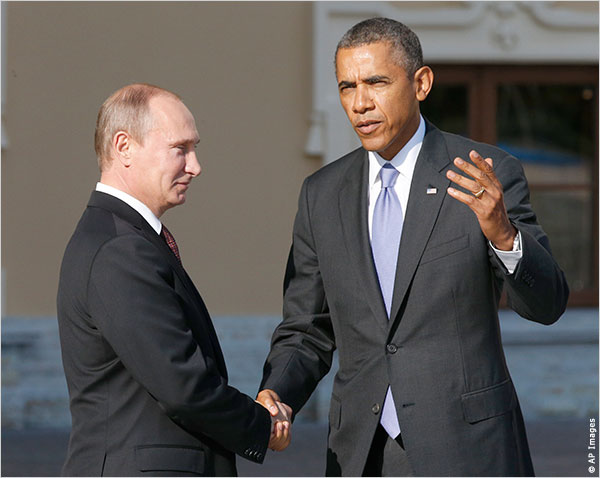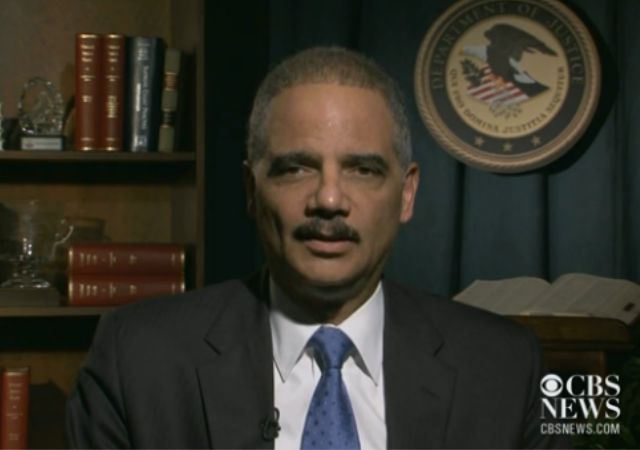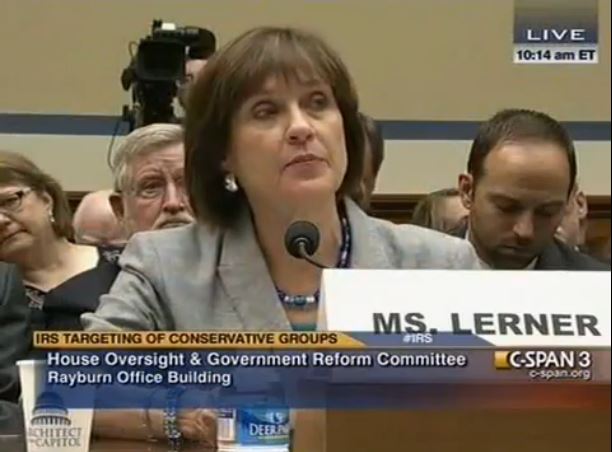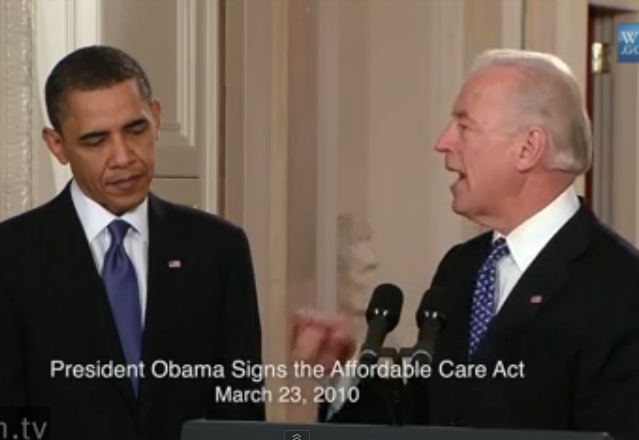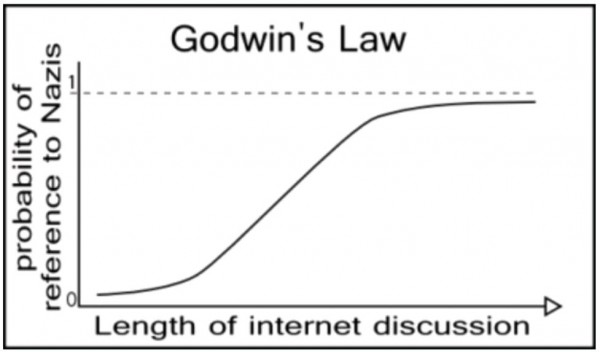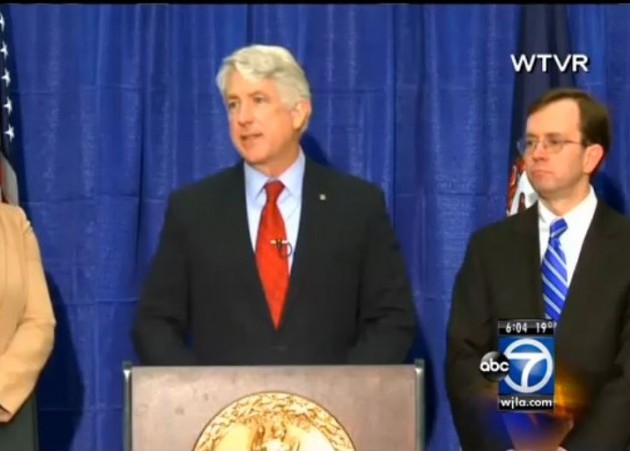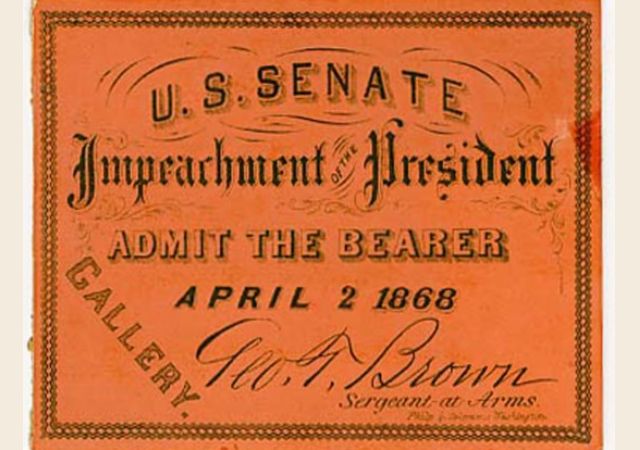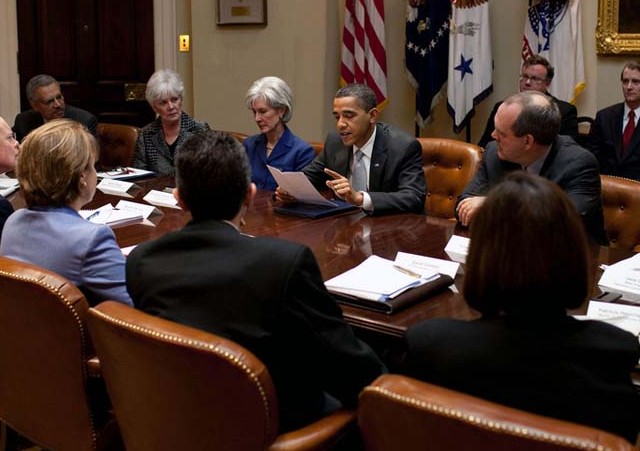When I was solidly engaged in not watching Obama's SOTU speech, I thought of the antidote: Winston Churchill.
I have long cringed when anyone refers to Obama as a great orator. To me he seems like a terrible one: flat, repetitive delivery; devoid of content (that is, when he's not engaged in flagrant lying, or errors); and cliché upon cliché.
But why single Obama out? The US hasn't had a president who's a
great orator in a long, long time. Kennedy had some good moments, and Reagan was very good indeed, but I can't think of anyone of Churchillian quality since Lincoln. But "Churchillian quality" is a tall, tall order. Martin Luther King perhaps, but he wasn't a president.
It helped that Churchill was a writer who
wrote his own speeches. Actually, if you read
the William Manchester biographies of Churchill, you'll learn that Churchill actually
dictated most of his speeches in the wee hours of the morning to a bevy of night-owl secretaries.
Churchill
carefully plotted out his delivery, too, and he was a master at it:

